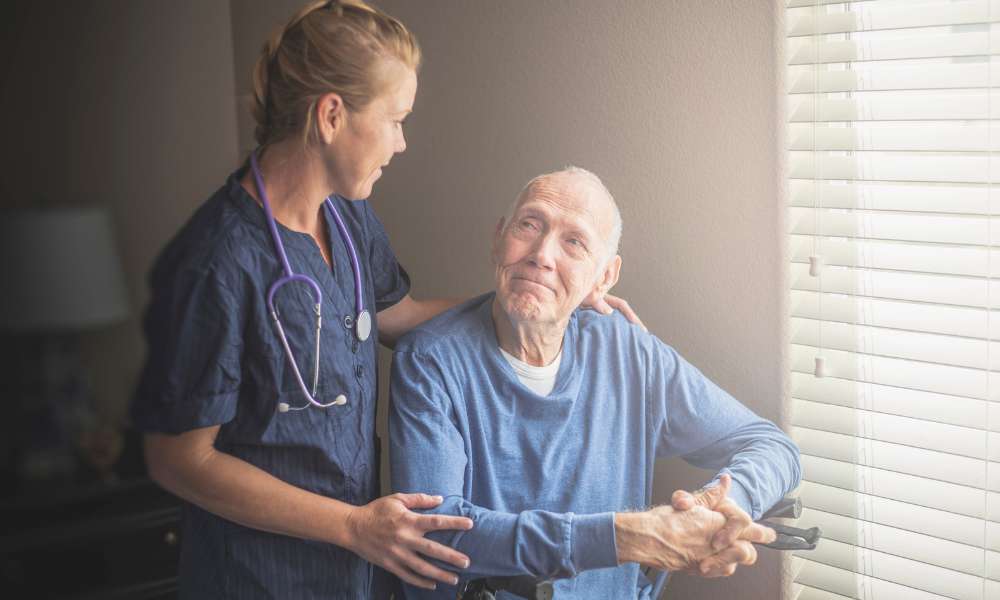In the realm of healthcare, personalized care is paramount. Recognizing this, the Consumer Directed Personal Assistance Program (CDPAP) stands as a beacon of empowerment for individuals requiring assistance with daily activities. This innovative program revolutionizes the traditional caregiver model by granting recipients the authority to choose and direct their own care. Let’s delve into the intricacies of the CDPAP program and explore how it enhances autonomy and quality of life for those in need.
Understanding CDPAP
The Consumer Directed Personal Assistance Program (CDPAP) is a Medicaid-funded program available in New York State. It provides assistance with personal care and activities of daily living for individuals who require home care services. What sets CDPAP apart is its unique approach to caregiving – it allows consumers to recruit, hire, train, and direct their own caregivers, including friends and family members.
Empowering Choice
One of the fundamental principles of CDPAP is the empowerment of choice. Unlike traditional home care services where caregivers are assigned by an agency, CDPAP enables individuals to select their caregivers based on personal preferences and needs. This level of autonomy fosters a sense of independence and control over one’s own care, promoting dignity and respect for the individual.
Flexibility in Care
Flexibility is another hallmark of the CDPAP program. Recipients have the freedom to design a care plan tailored to their specific requirements and schedule. Whether it’s assistance with grooming, medication management, mobility support, or household tasks, CDPAP allows individuals to customize their care according to their preferences and lifestyle, ensuring greater satisfaction and comfort.
Support for Caregivers
While CDPAP prioritizes the autonomy of care recipients, it also recognizes the vital role of caregivers. Through the program, caregivers receive compensation for their services, including training and support to fulfill their responsibilities effectively. Moreover, CDPAP acknowledges the emotional and financial strain that caregiving can entail, offering resources and assistance to alleviate burdens and enhance caregiver well-being.
Navigating the Enrollment Process
Enrolling in the CDPAP program involves several steps, but the process is designed to be accessible and straightforward. Eligibility criteria typically include Medicaid eligibility, the need for assistance with activities of daily living, and the ability to self-direct care. Once eligibility is established, individuals can initiate the enrollment process by contacting their local Medicaid office or a designated fiscal intermediary.
Benefits of CDPAP
The benefits of participating in the CDPAP program are multifaceted. For care recipients, CDPAP offers personalized care tailored to individual preferences and needs, promoting independence and quality of life. Caregivers benefit from fair compensation, training, and support, enabling them to provide high-quality care while maintaining their own well-being. Additionally, CDPAP contributes to cost savings for the healthcare system by empowering individuals to remain in their homes, reducing the need for institutional care.
Challenges and Considerations
While CDPAP offers significant advantages, it is not without its challenges. Managing the responsibilities of recruiting, hiring, and supervising caregivers can be daunting for some individuals, particularly those with limited support networks or cognitive impairments. Additionally, navigating the complexities of Medicaid eligibility and enrollment processes may pose barriers for some applicants. Addressing these challenges requires ongoing support, education, and advocacy to ensure that all individuals have access to the benefits of the CDPAP program.
Conclusion
In a landscape where personalized care is increasingly valued, the Consumer Directed Personal Assistance Program (CDPAP) shines as a beacon of empowerment and autonomy. By granting individuals the authority to choose and direct their own caregivers, CDPAP revolutionizes the traditional caregiver model, fostering independence, dignity, and quality of life for those in need. As we continue to champion the principles of personalized care and self-determination, programs like CDPAP serve as a testament to the power of choice in healthcare.

